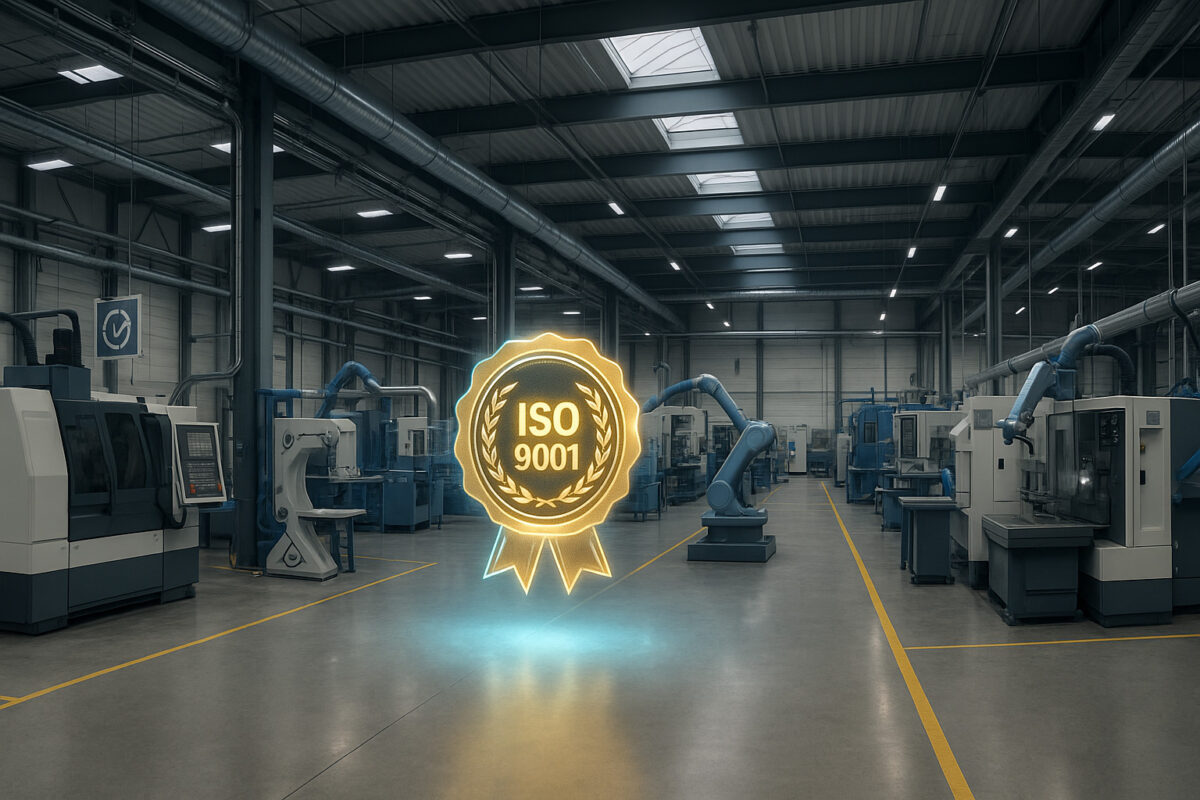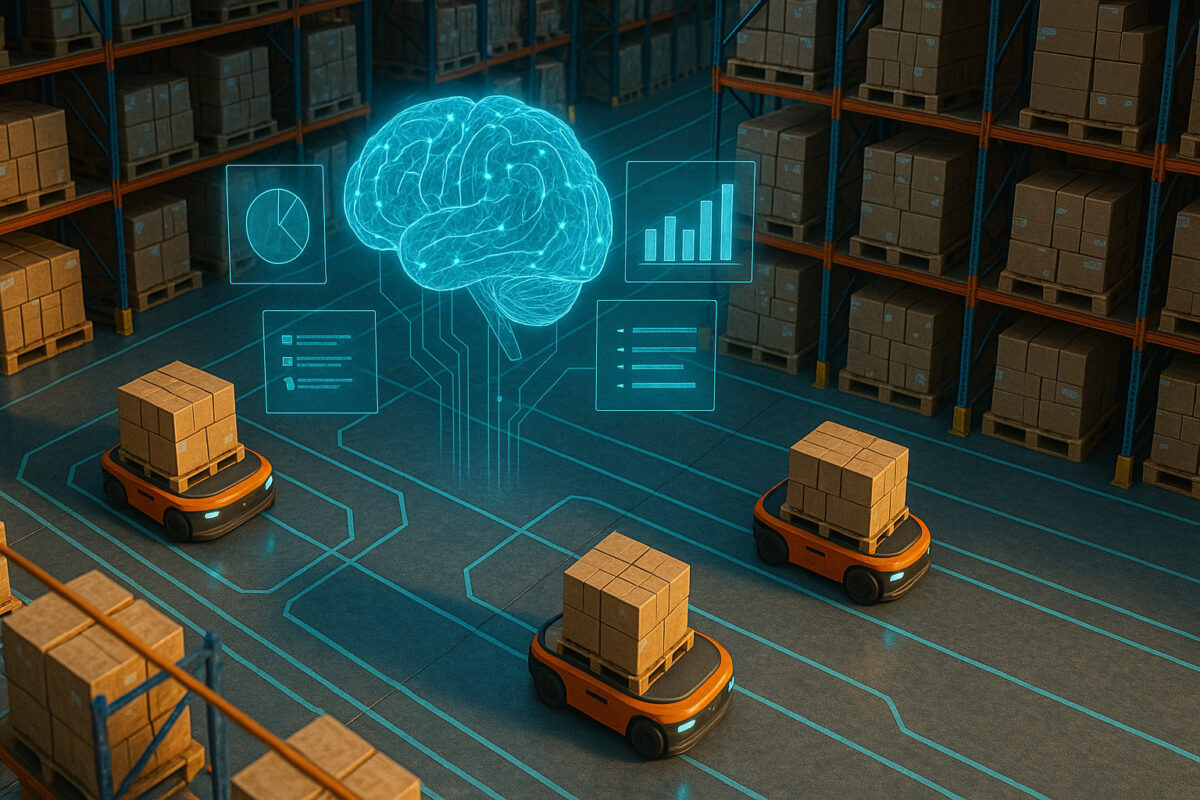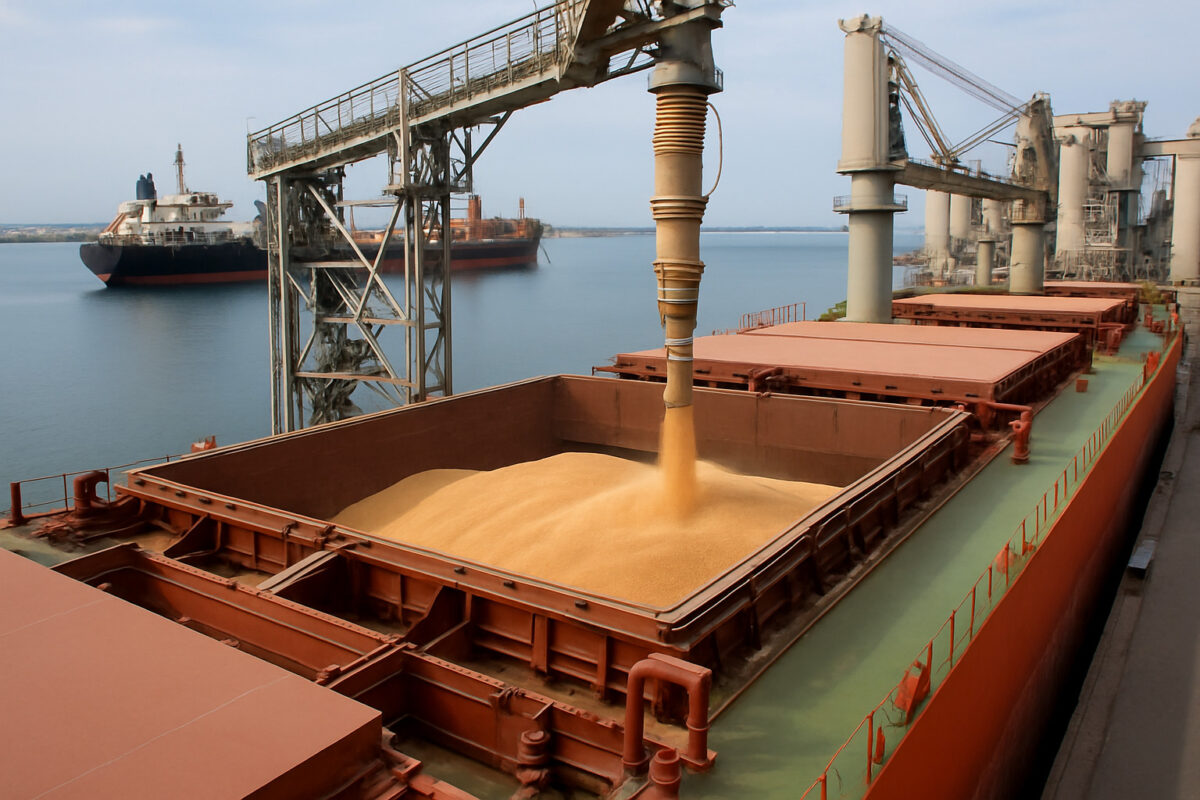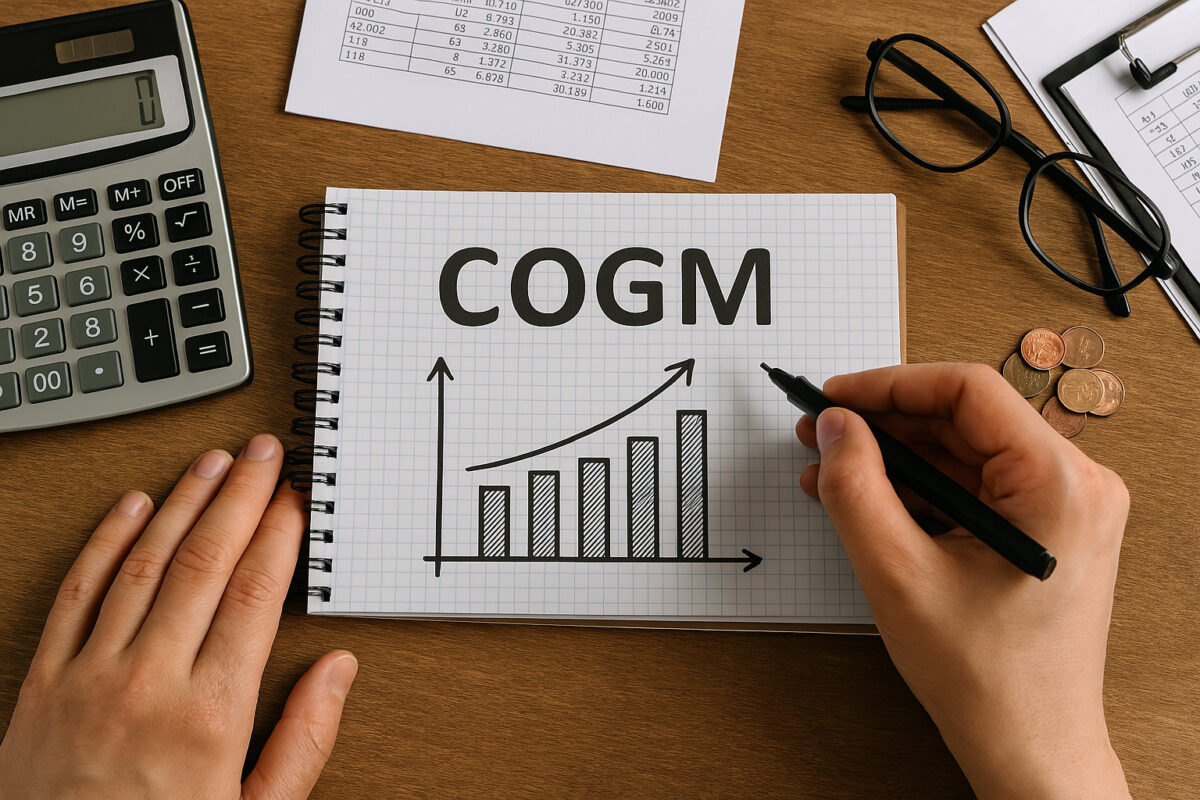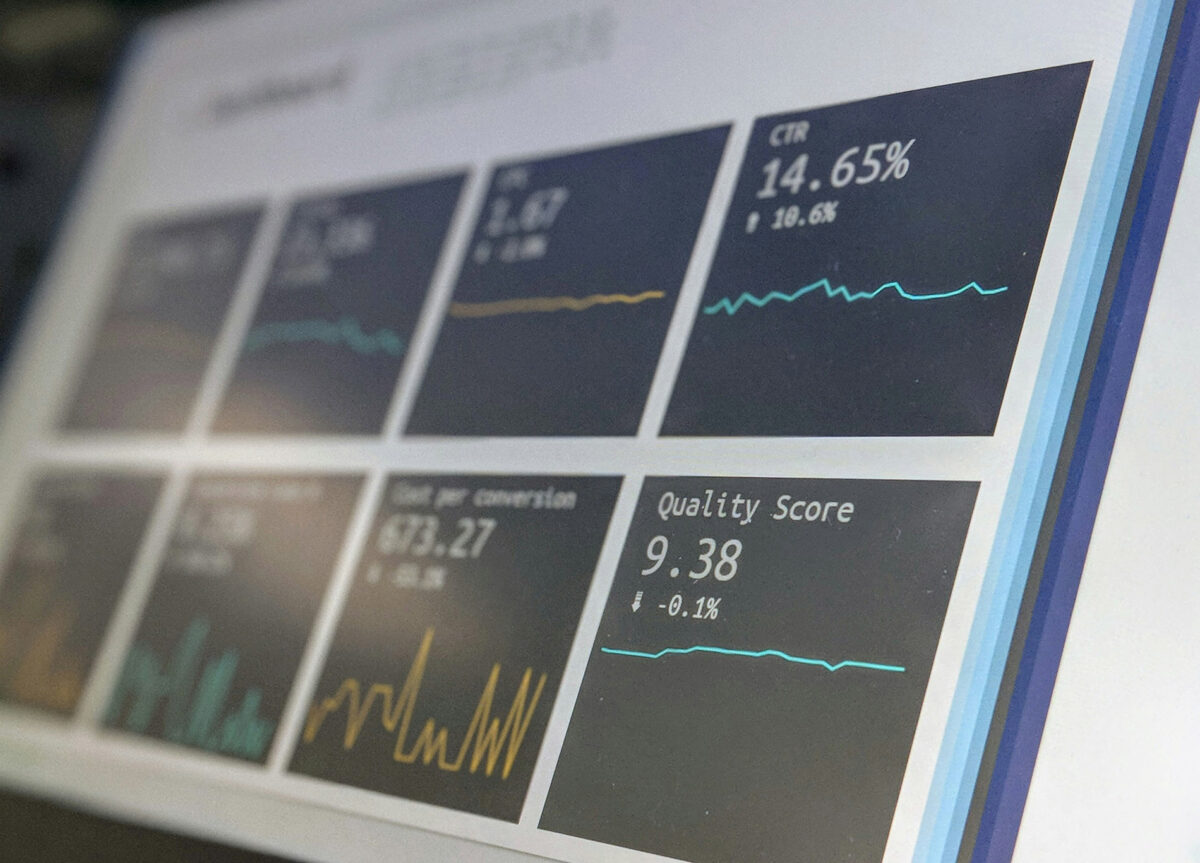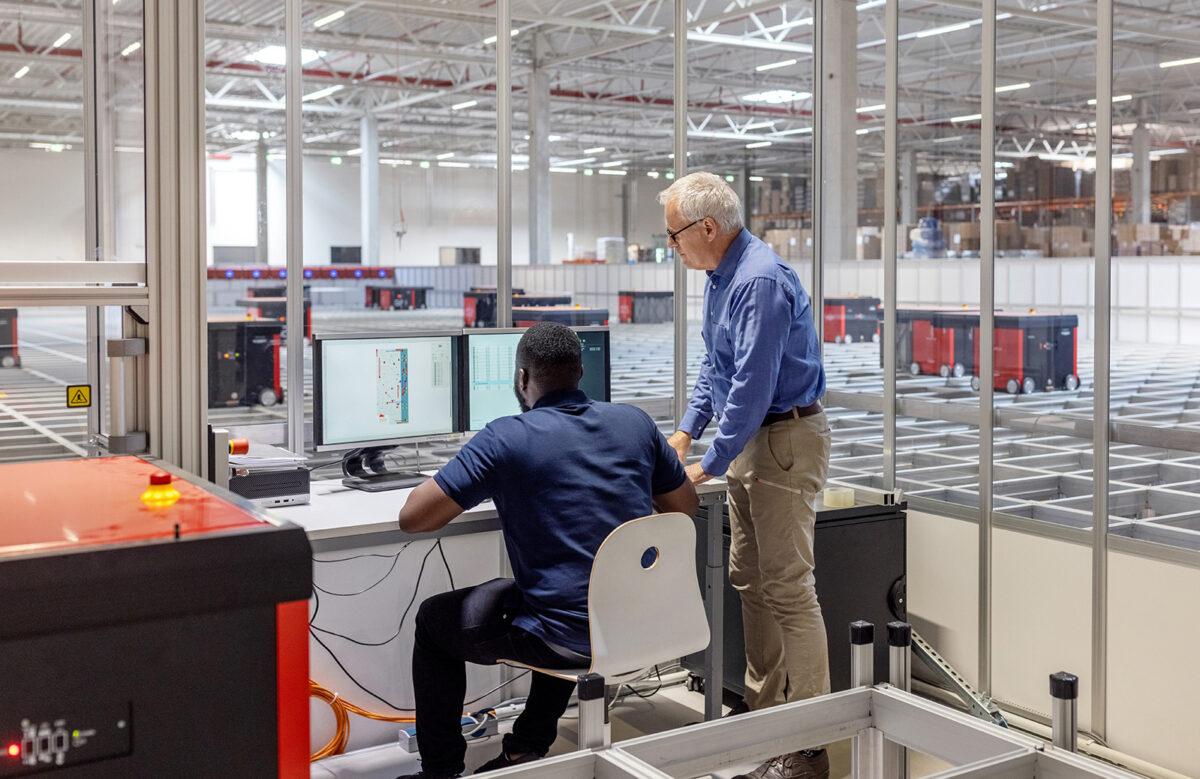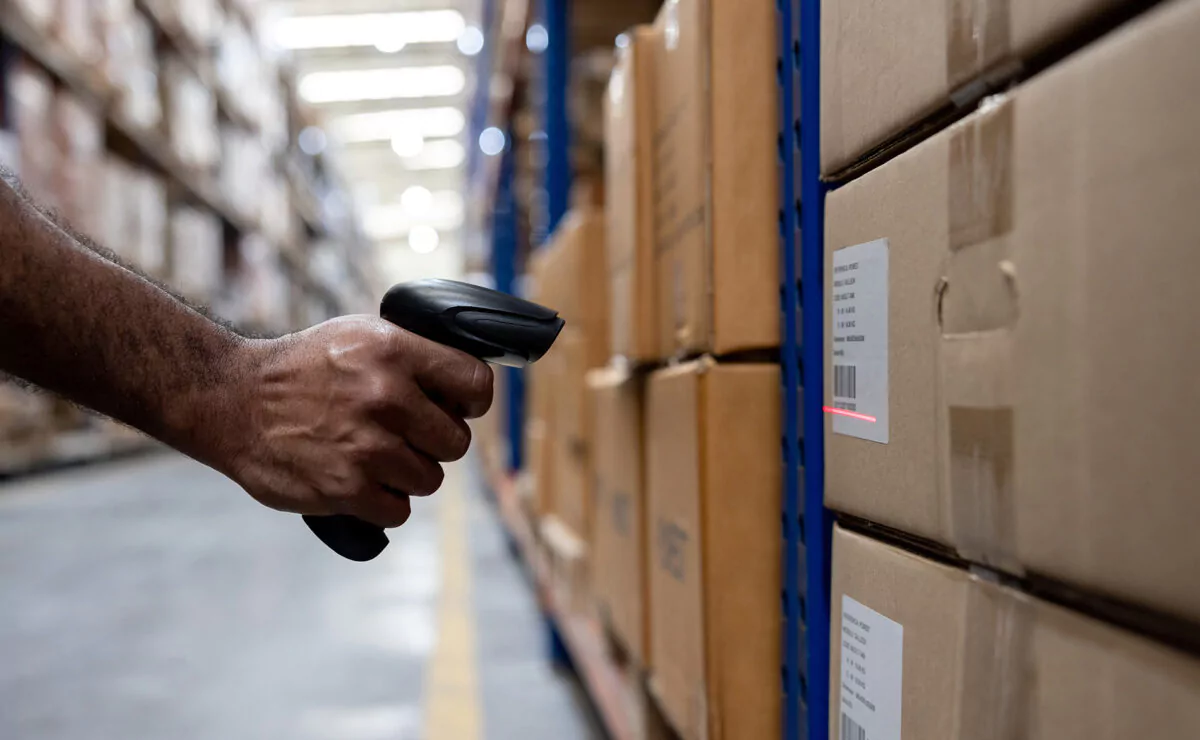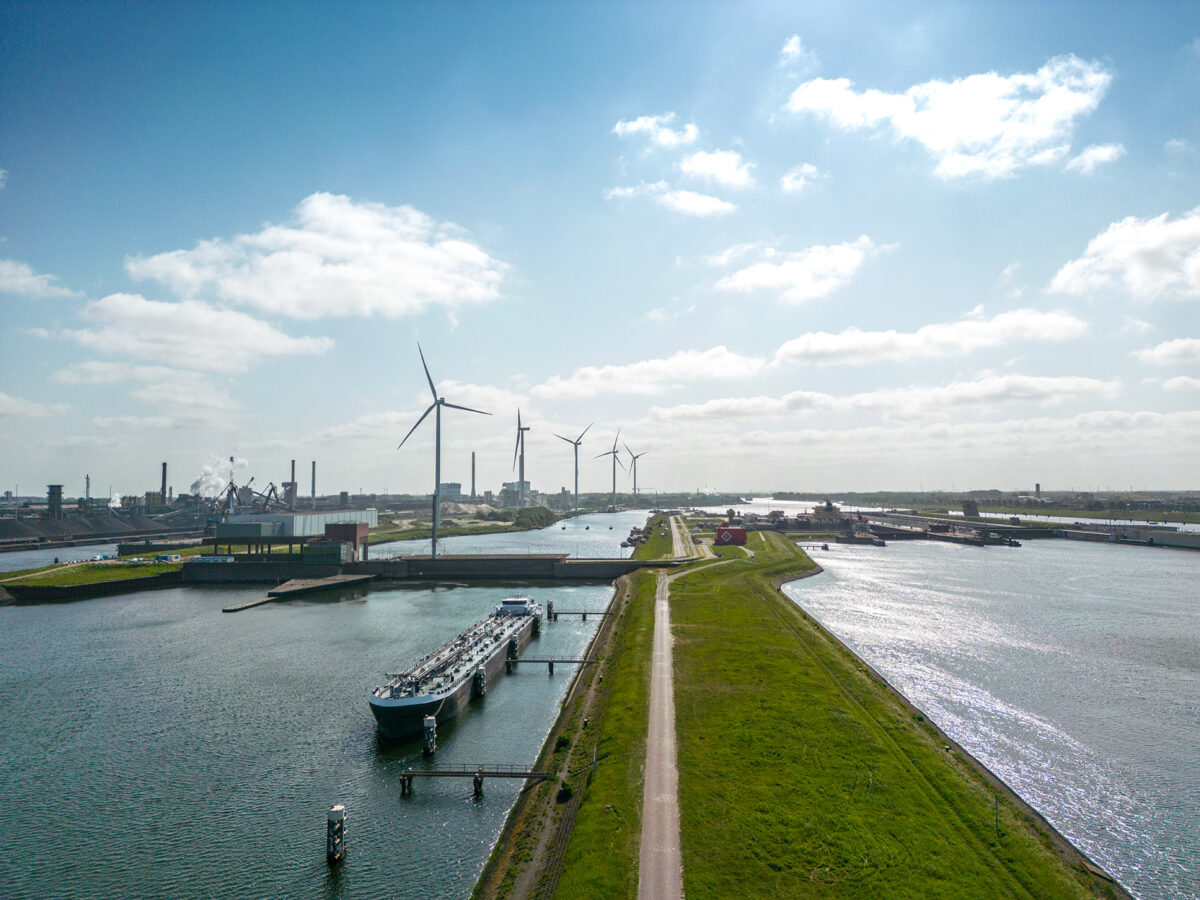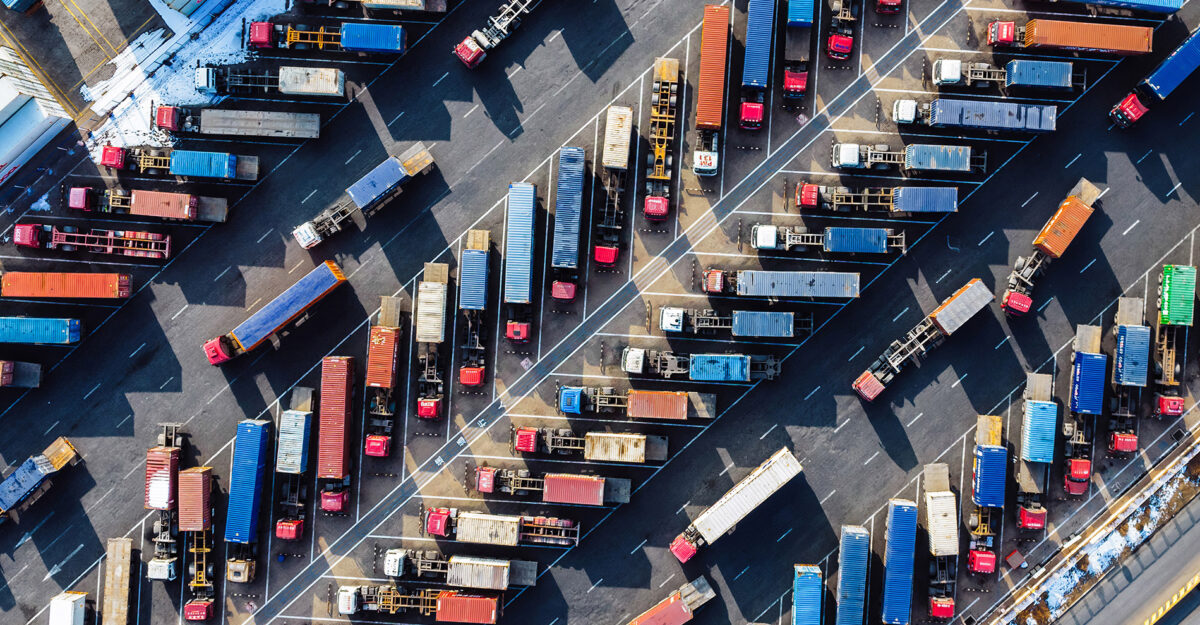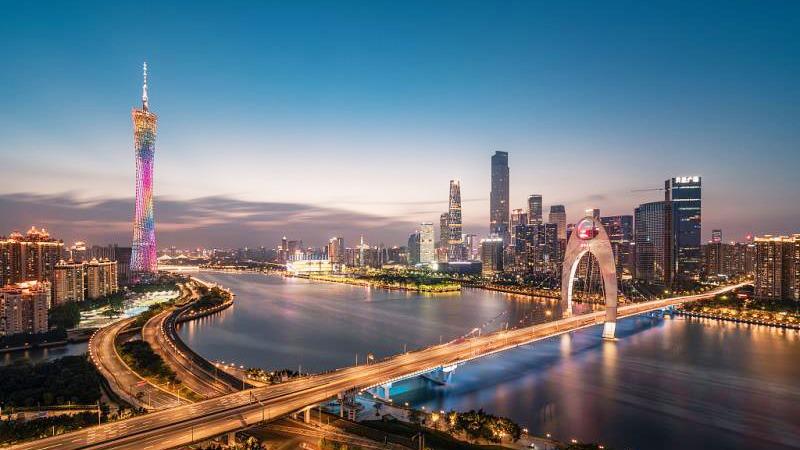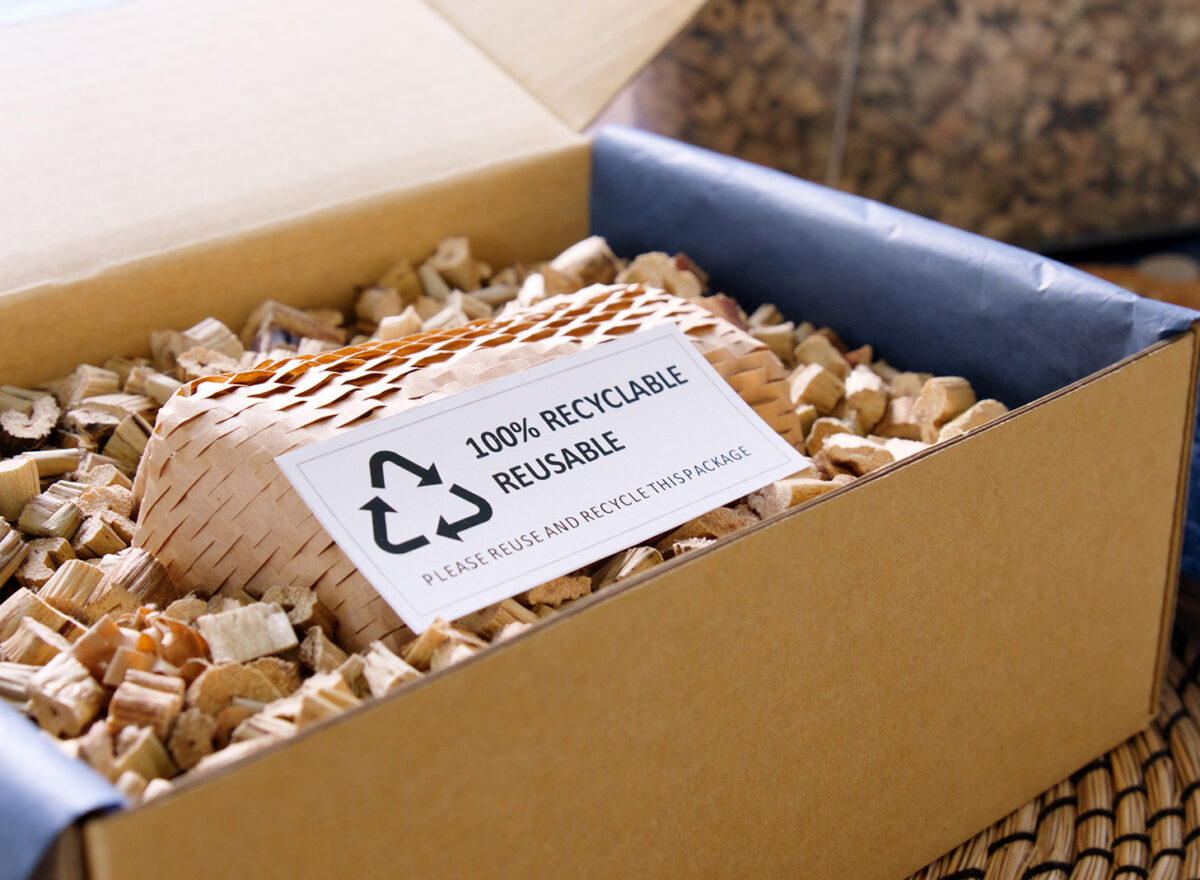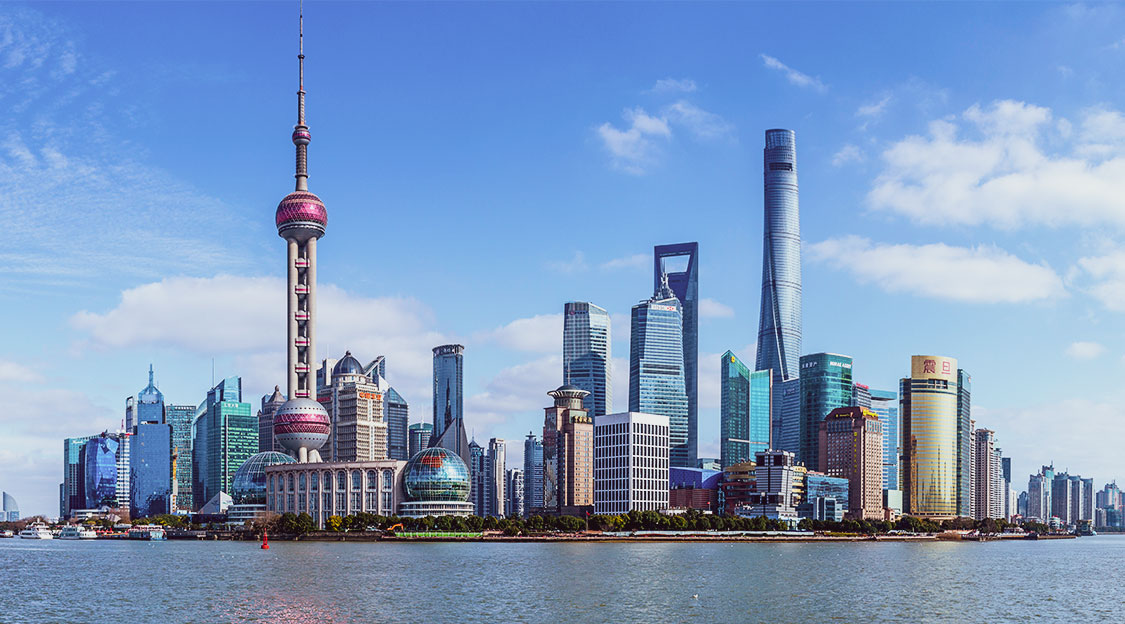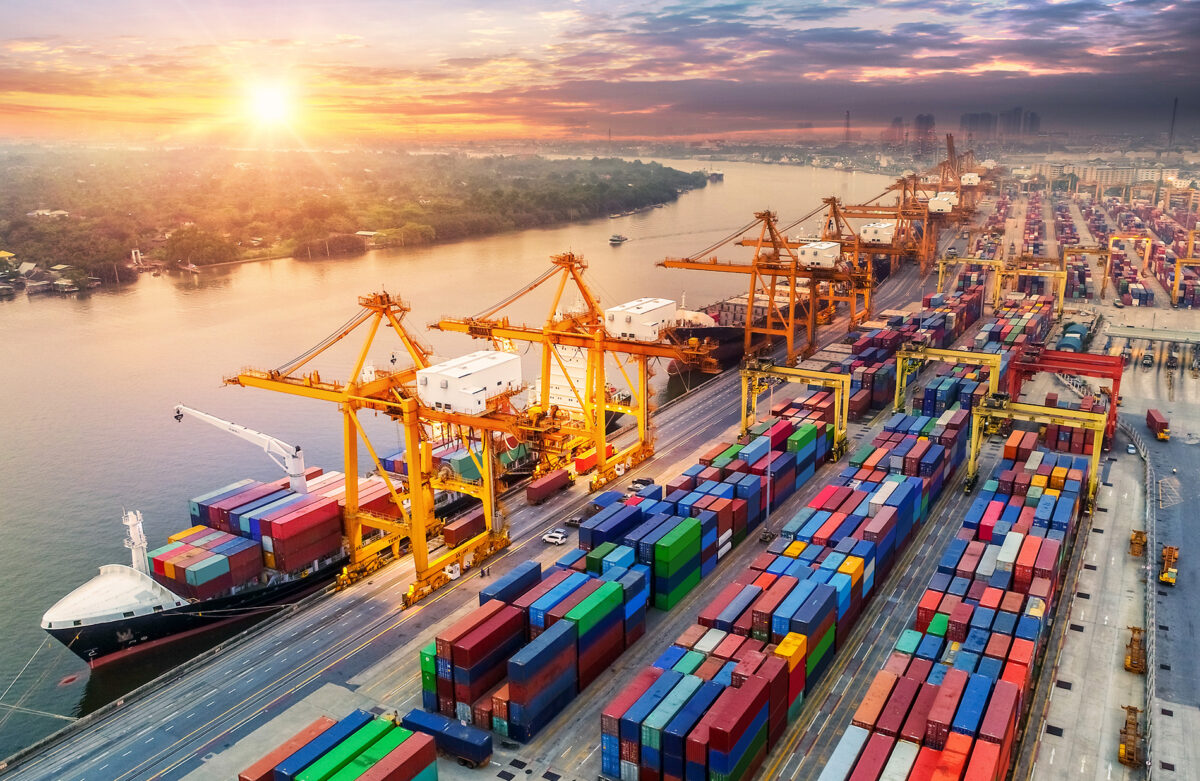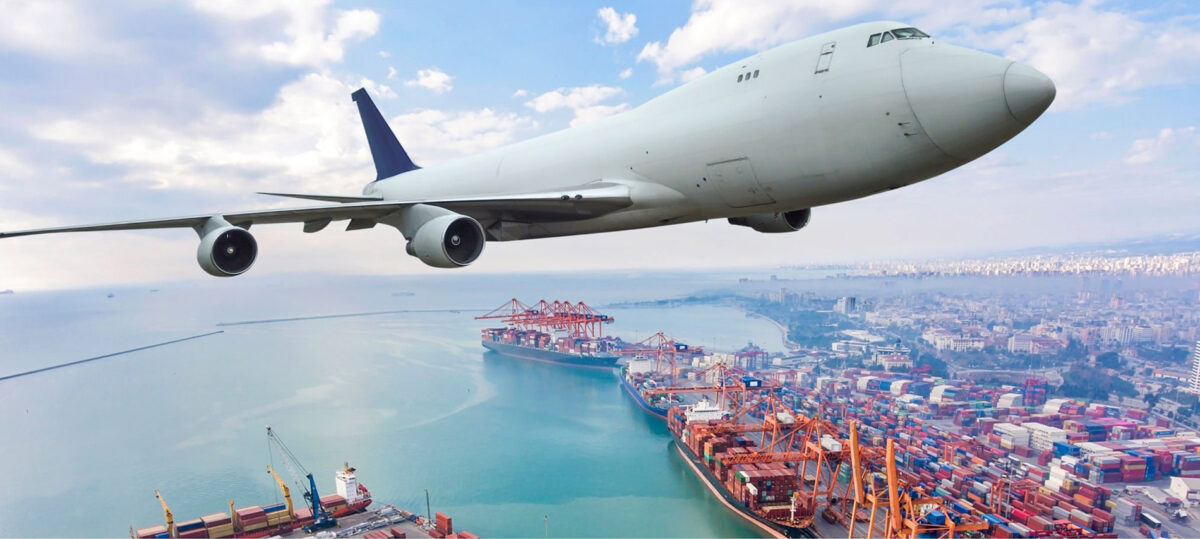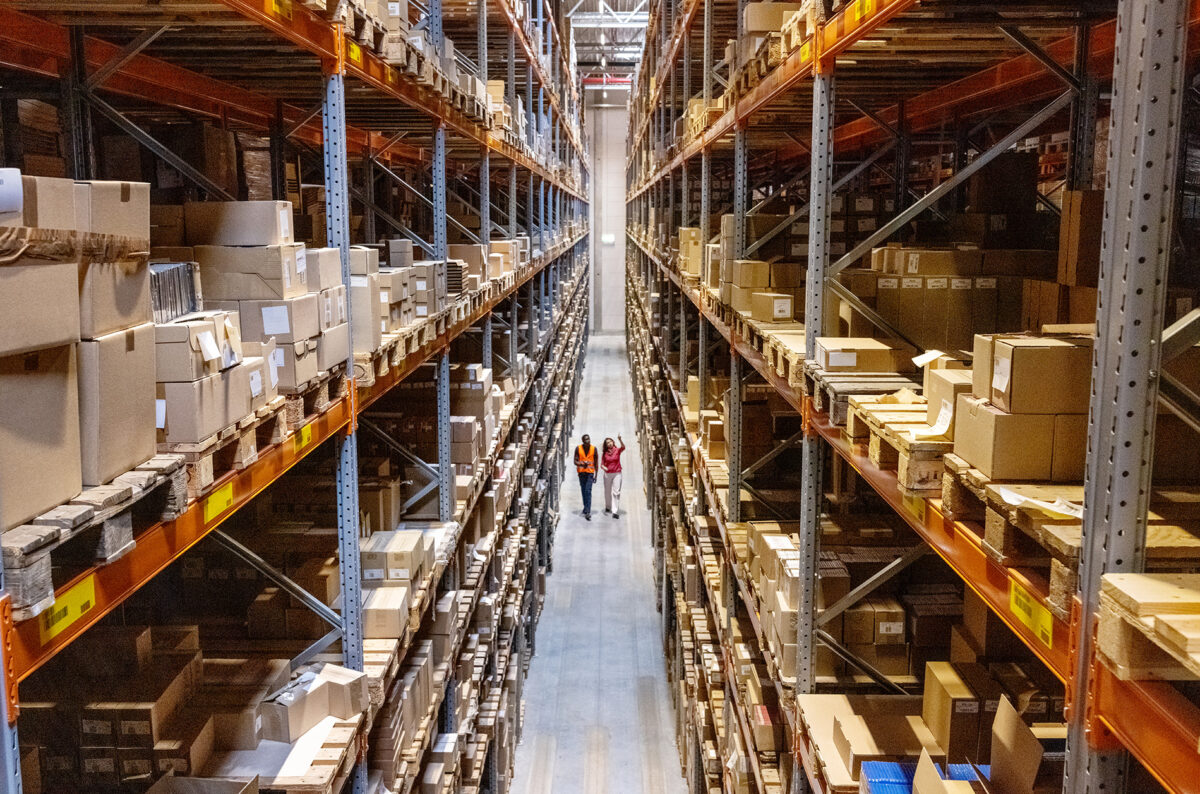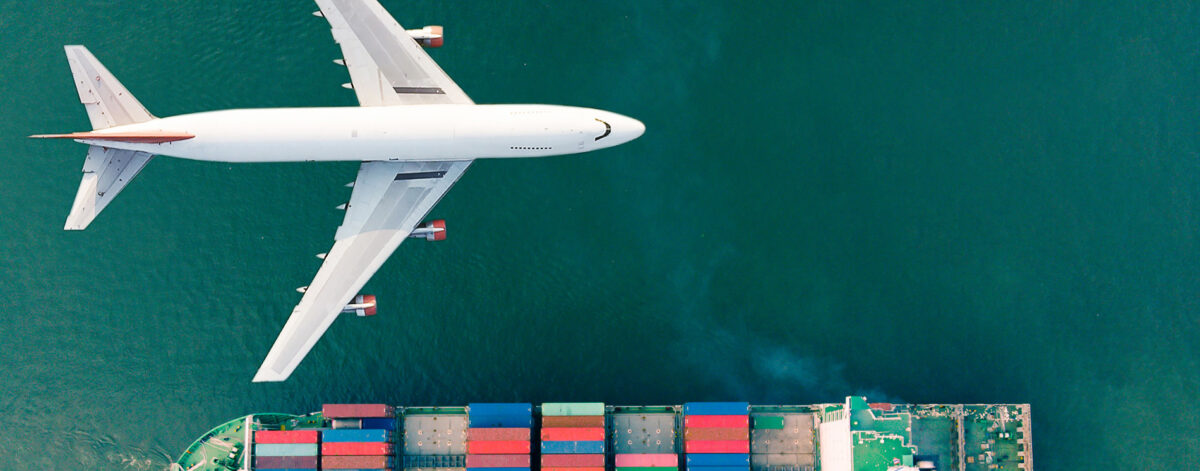How do you ensure product traceability in production?
Quality, safety, and compliance with current regulations are major components of industrial production. More importantly, product traceability […]
Short Interval Animation (SIA) factory: what does it actually mean?
Short interval communication (SIC) in the factory is a method based on regular, rapid meetings between the members of a team. The aim is to feed back key information, monitor actions in progress and quickly resolve problems identified in the field. AIC is designed to improve responsiveness and day-to-day management. It is a popular choice with workshop managers who are looking to organise day-to-day monitoring without adding to their administrative workload. Let’s take a look at what this approach consists of and how to apply it to get the best results.
Plan Do Check Act (PDCA): how to use the Deming wheel?
The goal of the PDCA cycle is to regulate variations in industrial processes. To achieve this, it […]
Managing Full-Branding Production from A to Z, One Partner, Total Consistency
Centralizing Multi-Product Branding for a Seamless Client Experience When a European client approached us with the goal […]
Lean manufacturing: definitions, tools and implementation
What is Lean Manufacturing? Definition of Lean Manufacturing Lean manufacturing is a Japanese philosophy that originates from […]
ISO 9001 certification: what is it?
Committing to quality means choosing trust. ISO 9001 certification is now the global benchmark for quality management. It guides companies in structuring their processes, continuous improvement and customer satisfaction. From industry to technology, it is aimed at all those who want to prove, with supporting evidence, that they are meeting their commitments.
Putting artificial intelligence to work in logistics
Forecasting demand, optimising routes and anticipating stock shortages: these are all levers for high-performance logistics. Thanks to artificial intelligence, this previously fragmented data is analysed in real time to guide decision-making. The guarantee of rigorous management and controlled costs.
JIT (Just-in-Time) in production: how do you go about it?
In an industrial context marked by pressure on costs, the scarcity of storage space and the need for responsiveness, the JIT method (for ‘Just-In-Time’), often referred to as ‘just-in-time’, remains a major lever. It involves producing the right quantity at the time defined by actual demand. The aim is twofold: to reduce stock to an absolute minimum and to improve the flow of products throughout the value chain.
How can you secure your supply chain?
Health crises, geopolitical unrest and cyber attacks make securing the supply chain more vital than ever. Every supply chain comprises suppliers, transport systems and information flows. Any incident, however minor, can affect production, increase costs or erode customer confidence. So how do you secure your supply chain?
What is bulk freight?
Bulk freight accounts for a large proportion of the global transport of raw materials. Without cardboard boxes or pallets, the goods circulate in free form: grains, liquids, ores or granules. This vital flow supplies the food, chemical and energy industries, as well as the construction sector. Understanding bulk enables you to choose the right logistics, cut costs and secure your supply chain. MWT Sourcing orchestrates every stage, from port silo to customer site, thanks to its recognised expertise in the French market.
TCO definition: how do you calculate the total cost of ownership?
Total Cost of Ownership (TCO) is a financial method that evaluates all the costs associated with the acquisition, use and maintenance of a good or service throughout its life cycle. This approach goes beyond the simple purchase price. It also incorporates direct and indirect costs, providing a global view of the expenditure incurred.
8 steps to a successful supplier audit
Supplier auditing is an essential step for any company concerned with the quality of its supply chain. It allows for the evaluation of compliance, performance, and reliability of partners based on specific criteria. A well-executed audit aims to assess the supplier’s capabilities, verify compliance with contractual and regulatory requirements, and identify potential risks. This process plays a crucial role in supplier management and the continuous improvement of purchasing processes.
Textile sourcing: how do you find the right suppliers?
Textile sourcing is the first step every company must face if it wants to ensure the quality and profitability of its production. Whether it’s for fashion, accessories, footwear, or packaging, finding the right supplier allows you to manage the supply chain in a responsible and controlled manner.
Today, the textile industry faces several increasingly critical challenges: working conditions, environmental impact, the entire issue of raw materials, and delivery times. More and more sourcing opportunities are emerging on the Asian market, but also through the growth of made-in-France or European textile production—short supply chains designed to support local industry. Based on this context, the question becomes: how do you choose the best textile solution? What are the steps to follow? And what criteria should be considered?
ERP, WMS, TMS: what are the differences for the supply chain?
In a constantly evolving industrial environment, where competitiveness depends on responsiveness and resource optimization, supply chain management […]
OEM, ODM and OBM: what are the differences for production?
OEM, ODM, and OBM: What Are the Differences in Production? Understanding Manufacturing Models In industry, production is […]
How to design a prototype and manufacture a product?
In a dynamic and growing industrial world, product design is not just an idea. There is a […]
What is COGM?
Most entrepreneurs overlook an important indicator for managing their commercial activity: the Cost of Goods Manufactured (COGM). However, analysing and understanding this aggregate is enough to propel a business forward. Here’s a comprehensive guide to the indicator at the heart of cost accounting that is turning profitability prospects on their head.
Total Cost of Ownership (TCO): Understand and Optimize Your Hidden Costs
In the industrial and professional equipment sectors, the purchase price of a product or service represents only a fraction of the total expense. Beyond the initial cost, it’s essential to evaluate all direct and indirect costs associated with its use over its entire lifecycle. This is where the **Total Cost of Ownership (TCO)** comes into play. Adopting a TCO-based approach allows companies to optimize budgets, improve profitability, and make more informed purchasing decisions. Let’s break down this concept and explore how to manage it effectively.
The 4 Profitable Products to Sell in 2025
One of the most important decisions to make before starting a business is defining your value proposition. While the product you sell will directly impact the long-term viability of your venture, consumer habits are constantly evolving. Buyers are increasingly looking for items that align with their values and address environmental concerns. Whether you’re launching an online or physical store, achieving long-term return on investment requires an understanding of your target market’s trends. MWT Sourcing offers you a comprehensive guide to help identify and sell high-value products.
What is the importance of Mianzi in doing business in China?
The business world in China is built on several cultural pillars, one of which is the concept of *Mianzi*. Closely related to the idea of “saving or losing face” in France, this cultural value shapes behavior and etiquette. Understanding it is essential before entering negotiations with Chinese counterparts. Here’s a detailed guide with practical tips to help you avoid missteps in the Middle Kingdom.
The 7 essential principles for developing lean management on the factory floor
In a constantly changing world, companies have to adapt to satisfy their customers and prospects. Product quality and delivery times remain a priority, all at the lowest possible cost to the company. Lean management makes perfect sense in this economic context. Here is a complete guide to the 7 essential principles of lean management. It explains how to implement it, the challenges of this method and its advantages.
What is the Continuous Improvement Approach and How to Implement It?
The industrial environment has continuously evolved. Continuous improvement has now become an actionable lever to optimize production, reduce inefficiencies, and enhance product and service quality. Inspired by concepts such as Lean Management, the PDCA Cycle, and the Kaizen Method, this approach aims to make production processes more efficient while increasing customer satisfaction. How does a continuous improvement approach work? What are its key principles, and how can it be implemented within an industrial company? This article guides you through the methods, tools, and best practices to successfully drive this transformation.
The Kanban Method: What Is It and How to Apply It?
The Kanban method originates from the Japanese automotive industry. This project management tool is widely used in factories for its pragmatic approach. It helps optimize production processes through Lean methodology. Want to apply Kanban to your business? MWT Sourcing explains it in just a few steps!
Nearshore, Offshore, Inshore: What Are the Differences and Which Sourcing Strategy Should You Choose?
In recent years, outsourcing has become a strategic lever. It allows companies to optimize costs, access a […]
How to Secure Your Supply Chain Against Risks?
In an economic environment marked by successive crises and rapidly evolving industrial trends, securing the supply chain has become a top priority for many businesses. From cyberattacks, stock shortages, and natural disasters to geopolitical tensions, risks are numerous and can significantly impact production and service quality. To mitigate these threats, an effective security strategy relies on rigorous management, the use of technological tools, and proactive risk anticipation**.
The Complete Guide to Ethical Sourcing
Today, consumers are paying more attention to the origins of the products they purchase. As a result, […]
What Are the Key Steps of the Procurement Process?
The majority of companies engaged in product sales must have a procurement process. Indeed, production requires purchasing: raw materials, manufacturing machines, tools, and software. At every stage of production, there are specific needs. This is why understanding the procurement strategy is essential to maximize efficiency. Here is a guide to the five key steps for optimizing the organization of the procurement process.
How to Estimate a Product’s Future Sales?
The current economic environment requires professionals to have the ability to estimate a product’s future sales. This approach, which combines data analysis, sourcing, predictive tools, and commercial strategy, helps maximize performance while minimizing risks. Regardless of your industry, this article will explain why and how to implement reliable forecasting methods to optimize and enhance sales predictability, ultimately improving your strategic vision.
The Importance of Guanxi in Doing Business in China
For foreign companies, entering the Chinese market is a real challenge. Business in Asia has a strong cultural dimension, with traditional values and codes that must be considered. **Guanxi** is one of the key pillars for building relationships and developing a professional network in China. However, while its importance is undeniable, applying it in practice can be a real puzzle for newcomers. So how can you establish *guanxi* effectively?
Definition of Sustainable Sourcing
Sustainable sourcing involves integrating social, environmental, and ethical performance factors when selecting suppliers. This approach is driven by increasing consumer demand for optimized logistics. To reduce waste and limit greenhouse gas emissions, companies must streamline their sourcing systems. Here is a comprehensive guide to sustainable management and the responsible practices that stem from it.
Made in PRC: What Does This Label Mean?
The industrial power of the Middle Kingdom continues to grow, accounting for 30% of global manufacturing value-added in 2023. Most products made in China carry the “Made in China” label. However, the “Made in PRC” label often leads consumers to believe the product comes from another country, whereas it is simply the official name of China. In this article, MWT Sourcing provides all the key insights to understand what “Made in PRC” truly means.
How to control the quality of a product?
Product quality control is a key step in verifying a product’s compliance. It is essential to ensure that customer expectations are met while also maintaining your company’s reputation.
What is industrial prototyping?
An essential step in the manufacturing process, industrial prototyping ensures the reliability of a part or product. It plays a crucial role in product design and determines large-scale production feasibility. For a company, the industrial prototype is vital for achieving business objectives and meeting customer needs. MWT Sourcing, a specialist in product development, offers a practical guide to understanding this technical expertise and its true value.
How Can a Supply Chain Be Optimized?
The supply chain is at the heart of business activities across all sectors. With the evolution of consumer habits and the globalization of trade, the end customer demands ever-shorter delivery times. Providers, therefore, face new challenges: improving speed in the processes involved and enhancing their performance to remain competitive. Local freight forwarders, tax management and certification, transport, export, import, and customs declarations—here’s what you need to know to optimize the supply chain and make the most of real-time information flows.
How to Find Suppliers for Your Business?
Finding a reliable supplier and building a trusting relationship takes time. However, it is possible to minimize potential negative experiences with a bit of method.
How to Create Your Prototype and Launch Your Invention?
You already know that innovation is the foundation of any entrepreneurial success. Aware of this reality, you aspire to invent a product that doesn’t yet exist—at least not for now. The question then arises: how do you go about it, and what is the first step to take?
Getting the best rates for freight transport
As soon as your business focuses on international trade, you must optimize your freight operations to remain competitive.
What is the EORI number?
The numerous opportunities in international trade offer chances to grow your business but also come with several risks that need to be understood, identified, and managed. You may have never heard of the EORI number, yet it is an essential code that must be used to import or export goods within Europe, regardless of your industry or area of expertise.
What is a certificate of origin?
The certificate of origin is one of the essential documents in the world of international trade. In any import/export operation, understanding the ins and outs of this tool allows you to optimize your operations and avoid complications during the import or export of your goods.
How to Find a Sourcing Agent?
Finding a sourcing office that meets your needs can feel like a long and challenging journey filled with obstacles. Yet, the added value it provides in sourcing competitive products and services represents a significant advantage for your business. Minimizing risks is its primary function in supplier management. The question is how to find the ideal sourcing agent who can meet your specific needs. We will assess the importance of a competent sourcing agent’s role and the associated costs; identify the criteria to guide your selection; and finally, outline best practices to maintain optimal communication with this strategic partner for your business.
How much does shipping from China to France cost?
L’importation de marchandises depuis la Chine vers la France est un processus qui peut varier considérablement en termes de coûts. De nombreux facteurs influencent ces frais, allant des choix logistiques aux formalités douanières. Comprendre les étapes essentielles pour réussir vos importations vous permet de mieux anticiper les dépenses et d’optimiser votre chaîne d’approvisionnement. Voici un tour d’horizon des principaux éléments qui impactent le coût d’une expédition entre ces deux pays.
What is an OEM?
OEM stands for Original Equipment Manufacturer. It refers to companies that produce goods on behalf of another company, which then markets them under its own brand. This model is widely used in key sectors such as industry and technology. Explore the key characteristics of OEMs and the benefits of partnering with this type of business.
What is the DDU Incoterm?
The incoterm DDU (Delivered Duty Unpaid) is one of the terms used in international trade to define the responsibilities of the parties involved in a transaction. If your business imports or exports goods, understanding what this incoterm entails is crucial to optimizing your logistics processes and costs.
Minimum Order Quantity or MOQ: Definition
The MOQ, or Minimum Order Quantity, is one of those key concepts in trade. Definition and benefits—here’s everything you need to know about it, along with our tips for negotiating this parameter to your advantage.
What is the DDP Incoterm?
In the field of international trade, Incoterms are essential tools for defining the responsibilities of sellers and buyers during international transactions. Among these standardized terms, the DDP Incoterm (Delivered Duty Paid) is one of the most comprehensive, as it places the majority of responsibilities on the seller.
What is Supplier Sourcing?
Supplier sourcing is a critical challenge for businesses. In a globalized context, the pool of potential commercial partners has grown exponentially, bringing opportunities to increase profit margins while optimizing the supply chain. To ensure you secure the best contracts with your suppliers, sourcing is the ultimate solution. Discover its key features and benefits.
What is the EXW Incoterm?
When engaging in international trade, it’s well known that Incoterms play a major role in exchanges between sellers and buyers. These standardized terms clearly define the responsibilities and obligations of each party regarding transportation, costs, and risks. Among these Incoterms, the EXW (Ex Works) term is one of the most commonly used, particularly for transactions where the buyer assumes the majority of logistical responsibilities.
What is the FOB incoterm?
Incoterms are commercial terms defined by the International Chamber of Commerce (ICC). They govern the conditions of international goods sales in terms of transportation, customs, insurance, and delivery. The FOB (“Free On Board”) incoterm is one of the most commonly used terms, particularly in maritime transport. Discover all the key information you need to know about this regulation.
COGS or Cost of Goods Sold: Definition and Calculation
The term COGS is the acronym for “Cost of Goods Sold,” which means “coût des marchandises vendues” in French. This accounting element is essential for understanding a company’s financial performance. What does this calculation entail? What does it reveal? What are its applications? Here’s everything you need to know.
What is the CIF Incoterm?
Incoterm CIF: Definition The incoterm CIF, or “Cost, Insurance, and Freight,” is a contractual clause used in international […]
What are the dimensions of a container?
To maximize the shipping cost of your goods, it is important to choose the right container size. What are the different available sizes? What criteria should be prioritized to find the optimal dimensions? Here’s everything you need to know about this topic.







